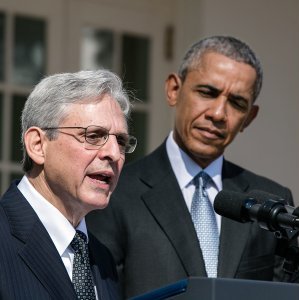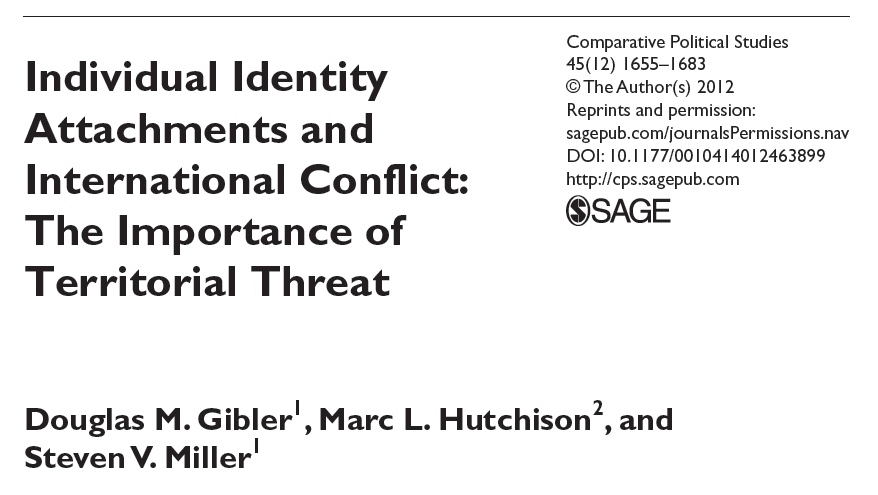 The reporting surrounding President Obama’s nomination of Merrick Garland as Supreme Court justice both reveals and complicates the concept of privilege in an intriguing manner. Many of the articles, such as this Politico piece, were notable for what they refrain from stating, that he is a white male. This contrasts with the emphasis on ethnicity and gender in earlier pieces about those being considered for the position, such as Attorney General Loretta Lynch and Judge Sri Srinivasan. After the Garland nomination announcement, one article noted Garland’s judicial experience and legal training and specified how he would not add diversity to the Supreme Court. The article continued, referencing Justice Sonya Sotomayor as Latina and Srinivasan as both Hindu and Asian-American. The choice not to relate Garland’s racial, ethnic, and gender identifications reflects the privilege of a white male in the United States. Continue reading “The Privilege of Being Unremarkable”
The reporting surrounding President Obama’s nomination of Merrick Garland as Supreme Court justice both reveals and complicates the concept of privilege in an intriguing manner. Many of the articles, such as this Politico piece, were notable for what they refrain from stating, that he is a white male. This contrasts with the emphasis on ethnicity and gender in earlier pieces about those being considered for the position, such as Attorney General Loretta Lynch and Judge Sri Srinivasan. After the Garland nomination announcement, one article noted Garland’s judicial experience and legal training and specified how he would not add diversity to the Supreme Court. The article continued, referencing Justice Sonya Sotomayor as Latina and Srinivasan as both Hindu and Asian-American. The choice not to relate Garland’s racial, ethnic, and gender identifications reflects the privilege of a white male in the United States. Continue reading “The Privilege of Being Unremarkable”
Shifting Identification Strategies

The identifications people make are strategic and context specific, as this article by Gibler, Hutchison, and Miller suggests:
[I]nternational conflict exerts a strong influence on the likelihood and content of individual self-identification, but this effect varies with the type of conflict. Confirming nationalist theories of territorial salience, territorial conflict leads the majority of individuals in targeted countries to identify themselves as citizens of their country. However, individuals in countries that are initiating territorial disputes are more likely to self-identify as members of a particular ethnicity, which provides support for theories connecting domestic salience to ethnic politics.
Being attacked leads you to identify with the nation. But if your nation is the one doing the attacking, all of the sudden you’d rather make alternate identifications …
